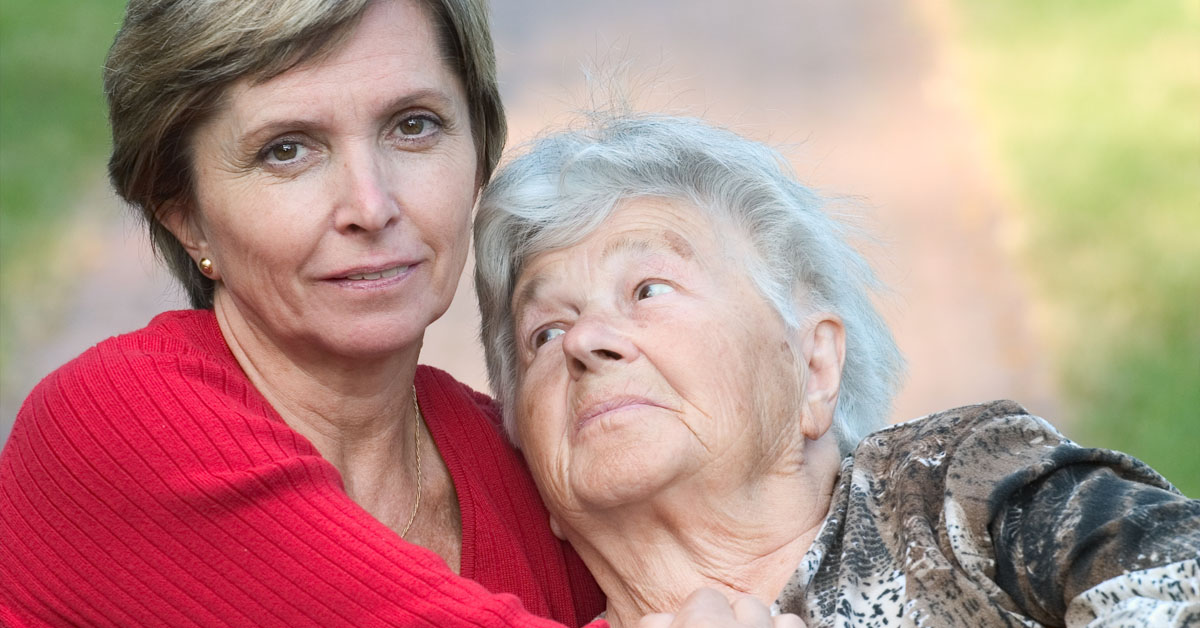
Switching Roles: Parenting Your Parents
Most people have fond childhood memories of the nurturing love they received from the adults in their lives, like a parent or grandparent. But there comes a time in almost every child’s life when the role is reversed, and they become the caregiver for a parent or grandparent. Becoming a family caregiver may not be something you planned for. Finding better ways to understand and accept the new role of caregiver will make the process go more smoothly.
Understanding Role Reversal
Role reversal in adult children refers to a situation where the normal parent-child relationship dynamic becomes reversed, with the adult child taking on the role of the caregiver or protector for their parent. This can happen for various reasons, and it can have both positive and negative consequences.
- Why it Happens: The aging process can be unpredictable, and many elderly parents find themselves in need of assistance from their adult children.
- Emotional Impact: Role reversal can result in a mixture of emotions ranging from resentment to fulfillment.
- Communication Challenges: With communication challenges, issues can arise between parent and adult children, and it’s not surprising that the role reversal can become difficult for everyone involved.
Challenges of Caring for an Aging Parent
Taking care of a parent can be quite different than taking care of friends, spouses, or one’s own children. Elderly parents at this stage are coping with the loss of their independence. Keeping this in mind, it is imperative that they remain as active in decision-making as possible. Although helping elderly parents can be a truly rewarding experience, caregivers often face common challenges that leave them overwhelmed or intimidated, such as:
- Stress – When you are focused on a loved one’s needs, it becomes difficult to prioritize your own needs, such as receiving adequate sleep, nutritious meals, and social support. Depression, anxiety, and even anger are red flags for caregiver stress.
- Shortage of time – Caring for an elderly parent is a very time-consuming activity, often leaving less time for themselves and other family members.
- Lack of privacy – If the elderly parent is living in the same home as the caregiver, it is common to feel a lack of privacy in your home.
- Financial Dependency – Parents who struggle financially may turn to their adult children for financial support, creating a role reversal where the child becomes the provider.
Common Areas to Consider Support
It is important to note that in this stage of change, the parent is still an adult and still has the right to self-determination. Learning to identify where an aging parent needs support and where they don’t will make things a little easier. The most common areas of support often involve helping with Activities of Daily Living (ADLs) and Instrumental Activities of Daily Living (IADLs) such as those listed below:
- ADLs: walking, feeding, dressing, grooming, toileting, and transferring
- IADLs: managing finances, managing transportation, shopping, meal prep, managing medications, home maintenance, and housekeeping
To Conclude
Caring for an elderly parent is a difficult thing to do, both physically and mentally. If you are worried that you are not able to cope with such duties, you might consider hiring a professional, such as personal care or companion care. This way, you will be sure to have the best possible care all around.
An important thing to remember is that role reversal is more of a phenomenon than a change. A person’s parents will always be their parents. The difference with role reversal is that it is now time for the children to care for their parents, as their parents once cared for them.






